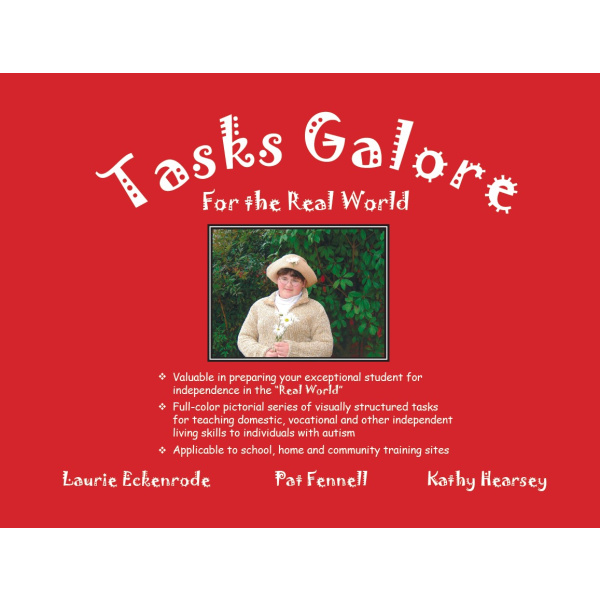Authentic assessment is an approach to evaluating students’ learning that goes beyond traditional standardized testing. It aims to assess students’ understanding and skills in real-world contexts, allowing them to demonstrate their knowledge through meaningful tasks and activities.
The concept of authentic assessment emerged as a response to the limitations of traditional forms of evaluation, such as multiple-choice tests and rote memorization. These methods often fail to capture the depth and complexity of students’ learning, focusing more on surface-level knowledge rather than critical thinking, problem-solving, and application of knowledge.
In contrast, authentic assessment focuses on assessing students’ ability to apply their learning in practical situations that mirror real-life challenges. This can take many forms, including projects, presentations, portfolios, performances, simulations, case studies, and collaborative tasks. By engaging with these types of assessments, students are able to showcase their understanding in a more holistic way that reflects the complexities of real-world problems.
One key aspect of authentic assessment is its emphasis on student-centered learning. Instead of passively receiving information and regurgitating it on a test paper, students are actively involved in constructing their own knowledge and demonstrating their mastery through hands-on activities. This not only makes the assessment process more engaging for students but also empowers them to take ownership of their learning.
Another important feature of authentic assessment is its alignment with real-world skills and competencies. By emphasizing tasks that require critical thinking, creativity, collaboration, communication, and problem-solving – all essential skills for success in today’s rapidly changing world – authentic assessment helps prepare students for life beyond the classroom.
Furthermore, authentic assessment promotes a deeper level of understanding by requiring students to apply their knowledge in contextually rich scenarios. This can help bridge the gap between theory and practice by showing how academic concepts translate into practical solutions for everyday challenges.
In addition to fostering deeper learning outcomes among students, authentic assessment also provides educators with valuable insights into individual strengths and areas for growth. By observing how students approach complex tasks and solve problems independently or collaboratively during assessments, teachers can gain a more nuanced understanding of each student’s abilities and tailor instruction accordingly.
Moreover,, Authentic assessments promote intrinsic motivation among learners by emphasizing the relevance and authenticity of the tasks they are asked to complete.. When students see the purpose behind what they are doing – when they understand how these tasks connect to their lives outside school – they become more engaged in the learning process..
While there are numerous benefits associated with authentic assessment , implementing this approach does come with its own set challenges . For instance , designing authentically aligned assessments requires careful planning , resources , time , expertise ,and support from administrators . Furthermore some educators may feel overwhelmed by moving away from traditional grading practices or may struggle with incorporating technology into authentically based evaluations .
Despite these challenges however implementing authentic assessments can ultimately leadn towards creating an educational environment that better preparesstudents for success in an increasingly complex world – one where adaptability,critical thinking,and creative problem solving skills are highly valued .
In conclusion Authentic Assessment offers significant advantages over traditional forms o f evaluation by providing a comprehensive measureof studentlearningthat is groundedinreal-worldcontextsandpromotesdeeperunderstanding,applicationofsills,andpreparationforlifebeyondtheschoolwalls.By embracingthisapproacheducatorscancultivateengaged,self-directedlearnerswhocanthriveinadiverseandreverchangingworld.

Leave a comment